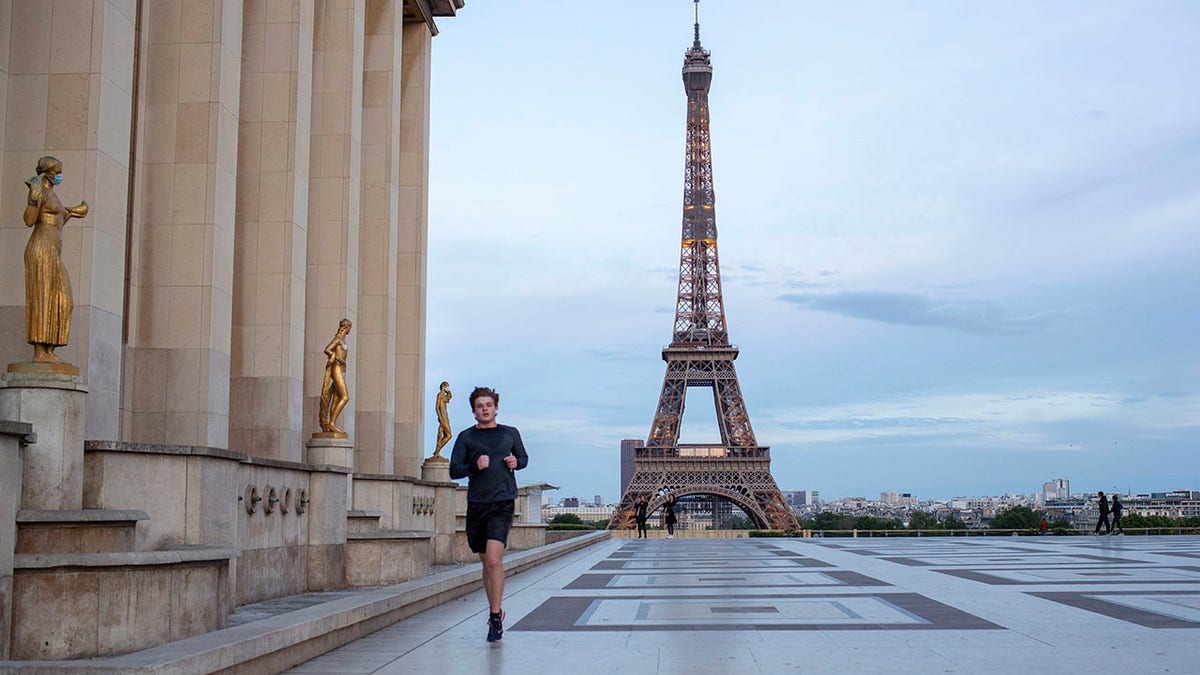WHO says Sweden should be world model for coronavirus response
Reaction and analysis from Copenhagen Consensus Center president Bjorn Lomborg.
Get all the latest news on coronavirus and more delivered daily to your inbox. Sign up here.
France plans to quarantine all travelers entering the country, including returning citizens, for two weeks as part of a new proposal to extend the health emergency put in place to limit the spread of the coronavirus, the country’s health minister said Saturday.
The move comes after French Prime Minister Edouard Philippe announced a nationwide plan last week to gradually bring the country out of a six-week lockdown on May 11 to stem the risk of economic collapse.
CLICK HERE FOR FULL CORONAVIRUS COVERAGE
French Health Minister Olivier Veran said the proposal would extend the health emergency through July 24. He said that lifting the measures now would "be premature" and could cause the outbreak to intensify, according to news outlet France 24.

French Minister for Solidarity and Health Olivier Veran, left, and French Interior Minister Christophe Castaner attend a press conference in Paris on Saturday as nationwide confinement to counter the COVID-19 virus continues until May 11 . (AP Photo/Francois Mori, pool)
The proposals are being sent to Parliament next week.
Entering France is currently restricted to essential travel, and a travel certificate is required for everyone entering the country. Veran said that “the compulsory quarantine will concern anyone entering the national territory, an overseas territory or Corsica.”
It's not clear if the quarantine would apply only to travelers from beyond the Schengen border and Britain. The Schengen Area includes 26 countries and encompasses most of the European Union nations.

A man runs past some statues wearing face masks along the Trocadero square close to the Eiffel Tower during the coronavirus pandemic on Saturday. (AP Photo/Rafael Yahgobzadeh)
Part of the rigorous plan to gradually reopen France will require authorities to automatically test those who encounter someone infected with COVID-19. The government expects to be able to conduct 700,000 tests per week when the lockdown ends.
“We are going to have to learn to live with the virus,” Philippe told parliament Tuesday. “We must learn to live with COVID-19 and to protect ourselves from it.”
CLICK HERE TO GET THE FOX NEWS APP
France is also setting aside more than $21 million to support cyclists and the environment while other modes of transportation, such as trains and buses, operate with limited capacities due to social distancing restrictions.
The Associated Press contributed to this report.









































